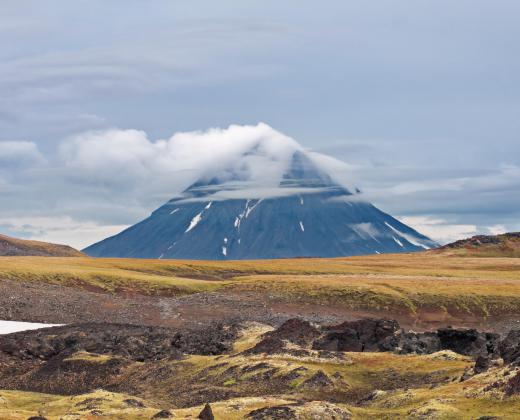What Are the Different Types of Geological Services?
Geological services are an important component of many modern industries, including mining and construction. Trained geologists help companies locate natural resources, predict seismic events and perform studies that allow builders to avoid hazards such as sinkholes and underground streams. Academic geologists work to understand how the surface of the Earth was formed and what impact ongoing geologic processes might have on human civilization.
Some of the most common and lucrative positions in the field of geology are related to locating and exploiting natural resources such as coal, oil and the various mineral ores used by manufacturers to produce their goods. These geological services have become more important as certain resources become scarce in some areas. Geologists in these positions analyze maps and survey data to identify areas where resources might be found. They also may be involved with field work to drill for oil or core samples. While many of these services are offered through small, specialized consulting firms, some larger organizations may have their own in-house geologists and survey teams.

Other geologists work alongside the construction industry to help plan out developments, avoiding certain hazards and helping to mitigate the environmental impact of new construction. These geologists take groundwater samples and determine where the water table is located in a given region. They help builders avoid putting up structures on unstable ground, which can avoid property damage in the future. These geological services are necessary in large urban areas and in situations in which large structures are being erected.

The field of academics offers a number of career paths for prospective geologists. While these scientists usually spend some of their time teaching, they also receive grants from governments and businesses to study the various processes occurring within the Earth’s crust. Seismologists specialize in studying earthquakes and can predict where and when seismic events will occur. This data can then be used by government planners to create building codes for at-risk areas and help architects design stronger buildings near fault lines. Volcanologists study volcanoes to determine when eruptions will occur that may threaten human life or effect global weather patterns.

Some government agencies, such as the United States Geological Survey (USGS), hire geologists to perform certain tasks. This governmental agency provides a number of geological services to the public, including mapping and finding ways to control erosion. They also are part of an effort to install seismic monitoring systems around the world as part of the Global Seismic Network. This system helps researchers determine the location and strength of seismic events.
AS FEATURED ON:
AS FEATURED ON:













Discuss this Article
Post your comments